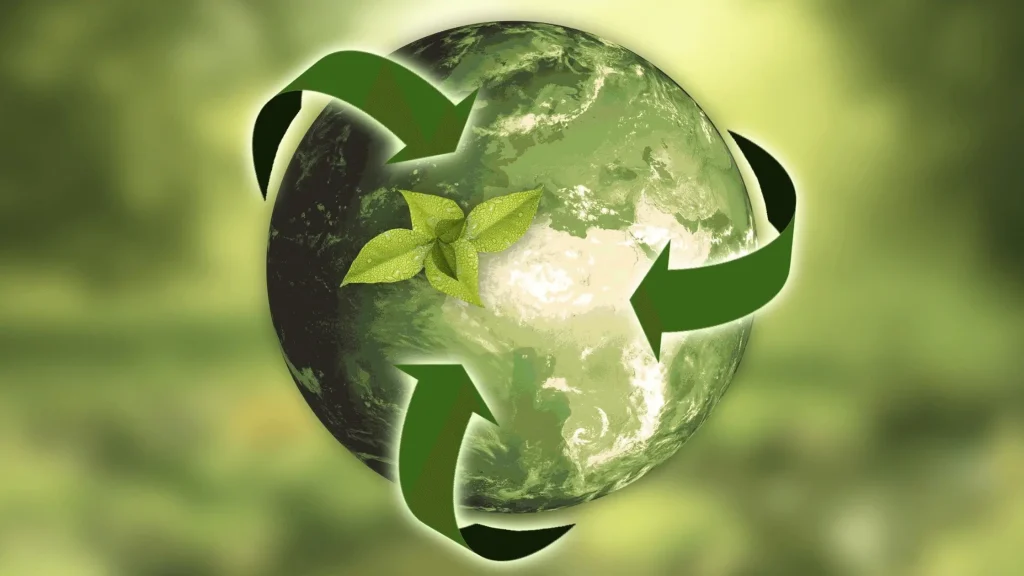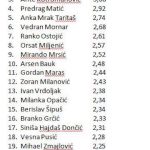Speaking at the conference on the latest developments in the field of waste management technology, Aleksandra Čilić of the Environment Protection and Energy Efficiency Fund, said that three public tenders are underway at the moment: for clearing open dumpsites, removing abandoned cars on the islands, and for restricting the use of single-use plastics in national and nature parks in an effort to make them plastic-free zones.
Čilić noted that future budget funds are earmarked for investments in infrastructure but also to educate citizens.
The importance of the role of citizens was underscored by the director of the Tehnix company, Đuro Horvat, who believes that Croatia is on the right track with regard to environmental protection. “Citizens want to be our partners in that, they consider it to be their duty,” he said.
Through its Green Deal and waste management policies the EU wants to strengthen the circular economy by recovering high-quality resources from waste. That requires improvement in waste management, stimulating innovations in the field of recycling and reducing the quantity of landfill waste.
According to Eurostat data from 2018, the average European produced about 5 tonnes of waste a year, of which 55% was recycled while an average 38% ended up in landfills, however, this varied from country to country.
Croatia has shown poorer statistics, with about 50% of the waste recycled and 40% ending up in landfills. Very little waste in Croatia is used to produce energy.
According to data from the Ministry of Economy and Sustainable Development for 2020, about 56% of municipal waste is sent to landfills, 34% is recycled and 9% is processed at mechanical biological treatment facilities while the remaining one percent undergoes some of pretreatment processes.
Representing the ministry, Mario Roboz said the EU’s green policy has set ambitious aims whose cost is increasingly high, nevertheless Croatia’s progress in the past ten years in this regard is quite significant.
“As far as waste disposal is concerned, waste has to go somewhere but landfills have to be the last place. The situation can be improved but that requires building a system and infrastructure,” he added.
For more news about Croatia, click here.










